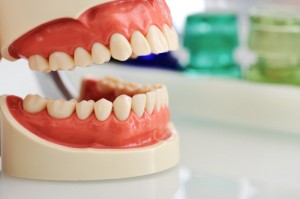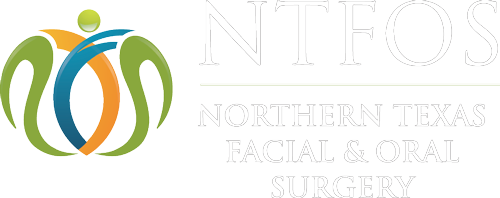 Patients may need jaw surgery for any number of reasons, such as correcting a malocclusion that causes discomfort or to address a congenital defect and improve the smile’s appearance. Such procedures can be complicated and involved.
Patients may need jaw surgery for any number of reasons, such as correcting a malocclusion that causes discomfort or to address a congenital defect and improve the smile’s appearance. Such procedures can be complicated and involved.
Because jaw surgery can be extensive, patients often express concern that they will experience significant disruptions to their daily routine as they recover from the procedure. In reality, the recovery time associated with jaw surgery will vary from patient to patient, depending on the complexity of the surgery and the specific problem that is being corrected.
As a part of planning for your jaw surgery, your oral surgeon should explain the mechanics of the procedure that is being performed and what that may mean for your recovery.
Some patients who undergo more minor surgeries may be able to return to a normal routine within a week or two of jaw surgery, if healing progresses as expected. Other patients may need to plan for a longer recovery or adapt their daily routines to accommodate the healing process.
Post-operative complications can also lead to a longer recovery period, but patients and their surgeons can take steps to reduce the likelihood of this outcome.
For example, if you show signs of an infection, like a fever, on the day that your surgery is scheduled, your oral surgeon may delay the procedure until you have a chance to get healthy again. The oral surgeon may also prescribe a prophylactic course of antibiotics to prevent an infection from developing at the surgical site.
The length of your recovery period following jaw surgery will depend on a number of factors, including the nature and extent of the surgery, your body’s own unique healing processes and post-operative complications that may arise. It is important to be fully informed prior to the surgery, so discuss this aspect with your oral surgeon in advance of the scheduled procedure.
For more information, contact any of our three convenient locations to schedule your informative consultation.




